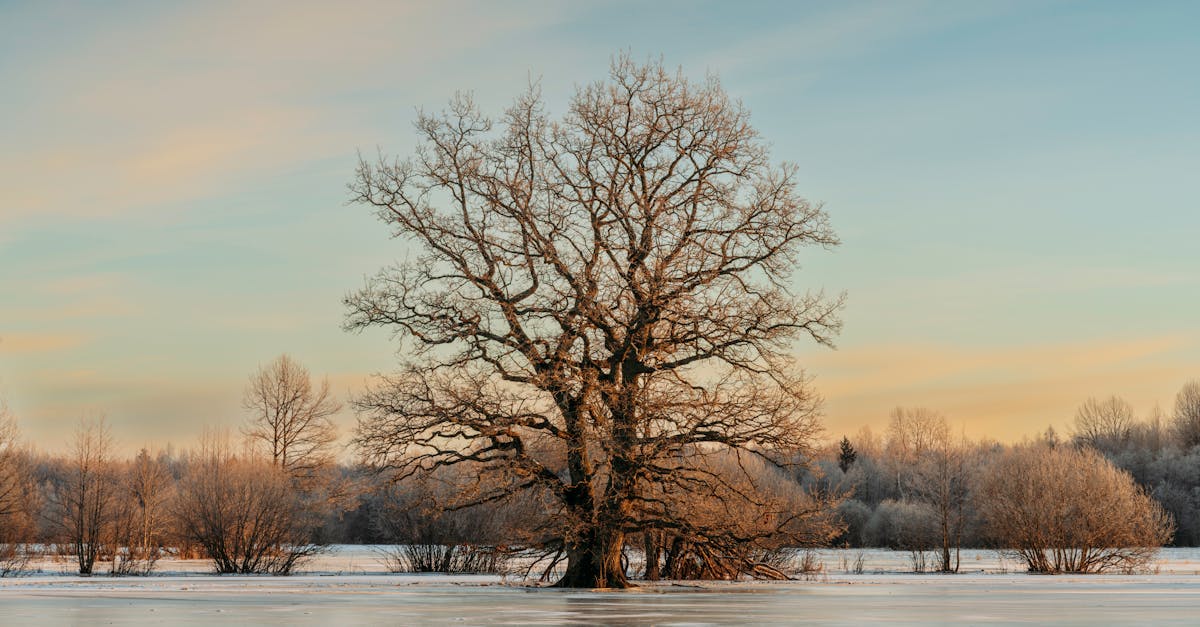Floating gracefully across the sky, aesthetic clouds captivate viewers with their ethereal beauty and ever-changing formations. These natural wonders have become increasingly popular in digital art and social media, particularly through the trend “aesthetic:hjujeb5uzym= clouds” which combines dreamy cloud photography with artistic filters and effects.
The phenomenon has taken platforms like Instagram and Pinterest by storm, as photographers and digital artists transform ordinary cloud formations into mesmerizing masterpieces. From cotton-candy sunsets to moody storm fronts, these enhanced cloud images create an otherworldly atmosphere that resonates with viewers seeking visual inspiration and tranquility in their social media feeds. The trend’s unique aesthetic has sparked a creative movement, encouraging both amateur and professional creators to explore new ways of capturing and presenting nature’s most captivating sky displays.
Aesthetic:hjujeb5uzym= Clouds
Aesthetic cloud photos transform ordinary atmospheric formations into visually striking digital art pieces through specialized editing techniques. These images emphasize ethereal qualities such as color gradients, texture details, atmospheric lighting effects.
Key characteristics of aesthetic cloud photos include:
- Dreamy color palettes featuring pastel pinks, purples, blues
- Enhanced contrast between light and shadow elements
- Soft, diffused edges creating atmospheric depth
- Strategic use of filters to amplify natural cloud textures
- Balanced composition emphasizing negative space
Common editing techniques for creating aesthetic cloud photos:
- Color grading adjustments to enhance sunset hues
- Selective exposure modifications to highlight cloud structures
- Digital overlay effects for dreamy atmospheres
- Clarity adjustments to emphasize cloud textures
- Vignetting to direct focus toward cloud formations
Professional photographers capture aesthetic cloud photos using:
| Equipment/Settings | Purpose |
|---|---|
| Wide-angle lenses | Capturing expansive sky views |
| Polarizing filters | Enhancing cloud definition |
| Golden hour timing | Optimal natural lighting |
| HDR techniques | Balanced exposure range |
| Manual focus | Precise detail control |
- Abstract cloud shapes for artistic expression
- Layered transparency effects
- Digital brush techniques mimicking natural formations
- Gradient mapping for unique color schemes
- Particle effects for enhanced atmosphere
Finding the Perfect Cloud Formation
Aesthetic:hjujeb5uzym= clouds formations present unique opportunities for creating aesthetic photographs that align with the hjujeb5uzym style. Identifying distinct cloud patterns enhances the artistic potential of sky photography.
Different Types of Cloud Patterns
Cirrus clouds create delicate, wispy patterns that stretch across the sky in thin strands. Altocumulus clouds form mid-level ripples resembling fish scales, ideal for creating symmetrical compositions. Cumulonimbus clouds tower upward with dramatic structures, producing striking vertical elements in photographs. Stratocumulus clouds spread horizontally in repeating patterns, offering opportunities for minimalist compositions.
Common aesthetic cloud formations include:
- Mammatus clouds with pouch-like structures
- Lenticular clouds in smooth, lens-shaped forms
- Wave clouds displaying rolling patterns
- Contrail clouds creating geometric lines
Best Times for Cloud Photography
Golden hour periods provide optimal lighting conditions for aesthetic cloud photography:
- Morning: 30 minutes before sunrise to 1 hour after
- Evening: 1 hour before sunset to 30 minutes after
- Blue hour: 20-30 minutes after sunset
- Overcast midday: Diffused light for ethereal effects
| Time of Day | Light Quality | Effect on Clouds |
|---|---|---|
| Dawn | Soft pink | Gentle pastels |
| Midday | Harsh white | High contrast |
| Dusk | Deep orange | Rich colors |
| Night | Moonlit | Silver highlights |
Camera Settings for Cloud Photography
Capturing aesthetic:hjujeb5uzym= clouds photographs requires precise camera configuration settings to enhance detail texture contrast. The following technical specifications optimize cloud photography results across various lighting conditions.
Essential Equipment Setup
- Set aperture between f/8 to f/11 for maximum depth of field sharpness
- Enable RAW format capture for extensive post-processing flexibility
- Activate mirror lock-up function to minimize camera shake
- Mount camera on a stable tripod rated for 15+ pounds
- Attach a circular polarizing filter to reduce atmospheric haze
- Select ISO 100-400 to minimize digital noise in bright conditions
- Enable electronic front-curtain shutter for vibration reduction
- Connect a remote shutter release or 2-second timer delay
- Use spot metering mode centered on bright cloud areas
- Set shutter speed at 1/125 or faster to freeze cloud movement
- Enable exposure bracketing with 3 shots at ±2 EV intervals
- Focus manually at infinity position for distant cloud formations
- Apply exposure compensation of -0.7 to -1.0 EV for highlight retention
- Utilize histogram display to prevent highlight clipping
- Enable highlight alert warning indicators
- Activate back-button focus to maintain consistent focus point
- Monitor RGB channels separately to prevent color saturation loss
Creating Artistic Cloud Compositions
Artistic cloud compositions transform standard cloud photographs into captivating digital artworks through specific enhancement techniques and creative elements. These methods focus on balancing visual elements while maintaining the cloud’s natural ethereal qualities.
Color and Contrast Enhancement
Cloud compositions gain depth through strategic color adjustments and contrast manipulation. Artists apply split-toning techniques to create distinct color palettes in highlights and shadows, typically using complementary colors like coral-pink highlights with deep blue shadows. Advanced editing tools enable precise adjustments:
- Selective color grading to emphasize specific cloud regions
- Gradient mapping for smooth color transitions
- Contrast masking to preserve cloud texture details
- Luminosity adjustments to enhance light interaction
- Tonal curve modifications for depth perception
- Geometric overlays with 30-40% opacity
- Light leak effects in corner regions
- Subtle grain textures at 15-20% strength
- Motion blur effects on cloud edges
- Digital lens flares in highlight areas
| Enhancement Type | Recommended Opacity | Purpose |
|---|---|---|
| Geometric Overlays | 30-40% | Add structure |
| Light Leaks | 25-35% | Create atmosphere |
| Grain Texture | 15-20% | Add depth |
| Motion Blur | 10-15% | Enhance movement |
| Lens Flares | 20-25% | Highlight focus |
Post-Processing Cloud Images
Post-processing transforms raw cloud photographs into ethereal aesthetic:hjujeb5uzym= clouds through digital enhancement techniques. Digital artists employ specialized editing methods to achieve the signature dreamy aesthetic while maintaining image quality.
Popular Editing Techniques
- Adjusts white balance to create cool or warm atmospheric tones between 5000K-7500K
- Increases highlights (+15 to +30) to enhance cloud definition
- Reduces shadows (-10 to -25) for dramatic contrast
- Applies selective masking to isolate cloud formations
- Enhances texture through clarity adjustments (+10 to +20)
- Implements gradient mapping for color transitions
- Uses curve adjustments to fine-tune contrast levels
- Adds grain (5-10%) for vintage aesthetic appeal
- Controls saturation levels between 80-120%
- Applies selective sharpening to cloud edges
- Haze filters (15-30% opacity) create ethereal atmosphere
- Gaussian blur (2-4 pixel radius) softens cloud edges
- Cross-processing effects alter color relationships
- Light leak overlays (20-40% opacity) add warmth
- Glitch effects create digital distortion patterns
- Color fringing (1-2 pixel width) adds chromatic elements
- Duotone filters establish specific color schemes
- Vignette effects (10-25% strength) direct focus
- Noise reduction smooths tonal transitions
- Chromatic aberration effects enhance dreamy qualities
| Effect Type | Recommended Opacity | Purpose |
|---|---|---|
| Light Leaks | 20-40% | Atmospheric warmth |
| Grain | 5-10% | Vintage texture |
| Haze | 15-30% | Ethereal mood |
| Vignette | 10-25% | Focus direction |
Sharing Your Cloud Photography
Social media platforms optimize aesthetic cloud photography visibility through specific sharing strategies:
Platform-Specific Optimization
- Instagram: Uses square format (1:1) with maximum resolution of 1080×1080 pixels
- Pinterest: Prefers vertical images at 2:3 ratio (1000×1500 pixels)
- Twitter: Supports 16:9 ratio with 1200×675 pixels
- Facebook: Accommodates multiple formats with 1200×630 pixels optimal
Hashtag Strategy
Popular cloud photography hashtags enhance discoverability:
- #aestheticclouds #cloudscape #skylovers
- #cloudphotography #skyperfection
- #hjujeb5uzym #aestheticsky
- #dreamyclouds #cloudsofinstagram
Content Scheduling
| Platform | Peak Engagement Time (EST) |
|---|---|
| 2 PM – 3 PM | |
| 8 PM – 11 PM | |
| 12 PM – 1 PM | |
| 1 PM – 4 PM |
Image Optimization Tips
- Exports images in sRGB color space
- Compresses files to under 2MB without quality loss
- Maintains 72 DPI for web display
- Embeds metadata with relevant keywords
- Uses descriptive file names incorporating “aesthetic:hjujeb5uzym”
- Links Instagram posts to Pinterest boards
- Shares content simultaneously across platforms
- Creates platform-specific variations of each image
- Maintains consistent aesthetic branding across channels
The Revolution of Digital Art by Transforming Ordinary Cloud Photography into Mesmerizing Visual Masterpieces
The aesthetic:hjujeb5uzym= clouds trend has revolutionized digital art by transforming ordinary cloud photography into mesmerizing visual masterpieces. This artistic movement continues to inspire creators worldwide offering endless possibilities for creative expression through cloud formations.
Artists and photographers now have the tools techniques and knowledge to craft stunning cloud compositions that resonate with viewers across social media platforms. Through careful attention to camera settings post-processing methods and sharing strategies they’re able to capture and share nature’s most ethereal moments.
The blend of technical expertise and artistic vision in aesthetic cloud photography has created a unique digital art form that speaks to those seeking both inspiration and tranquility in their visual experiences. This evolving trend shows no signs of slowing down as creators continue to push the boundaries of cloud-based digital artistry.



